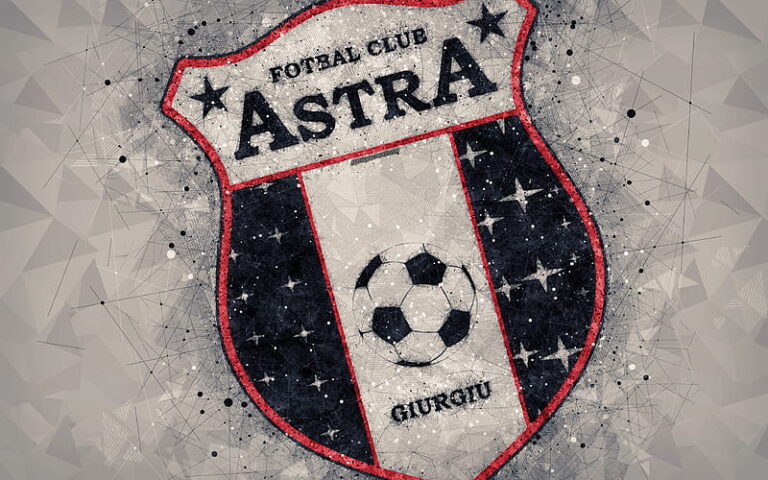
Paysandu FC
Welcome to an in-depth exploration of Paysandu FC, a revered football club rooted in the heart of Brazil’s North. Known for passion, resilience, and a passionate fan base, Paysandu FC has woven its name into the fabric of Brazilian football history.
Origins and Evolution of Paysandu FC
Understanding the foundation and historical development of Paysandu FC offers valuable insight into the club’s identity and its enduring significance in regional and national competitions MM88.
The Founding of Paysandu FC
Paysandu FC was established in 1914 in Belém, Pará, marking over a century of sporting history. The club’s roots are intertwined with the local community, reflecting the vibrant culture of northern Brazil.
The club was born out of a desire to bring competitive football to the region, at a time when the sport was expanding across Brazil. Its founding members were local enthusiasts committed to elevating Pará’s football scene.
Key figures involved in the early days included pioneers passionate about developing a team that could compete beyond local borders. Their collective vision set the stage for future triumphs and challenges.
From its inception, Paysandu FC aimed to cultivate local talent and foster community spirit, which remains a core value today. This foundation helped forge a resilient club that could adapt to changing football landscapes over decades.
Development Through the 20th Century
During the mid-1900s, Paysandu FC began to progress from a local team into a formidable competitor nationally. Regional tournaments, especially the Campeonato Paraense, became a cornerstone of their competitive identity.
The club’s first major milestone was winning the Campeonato Paraense multiple times, establishing dominance regionally. These victories helped solidify a loyal fan base and reinforced the club’s reputation.
The 1960s and 1970s marked a significant era, with Paysandu FC expanding its horizons by participating in national competitions like the Copa do Brasil and Serie C. This period showcased the club’s growth from regional powerhouse to nationally recognized team.
Throughout these decades, Paysandu FC cultivated rivalries, notably against clubs like Remo, rival teams that electrified local derbies and attracted passionate crowds. Such rivalries intensified regional pride and supported the club’s identity as a symbol of northern Brazilian football.
Transition into the Modern Era
In the 21st century, Paysandu FC navigated both setbacks and successes, redefining its position within Brazil’s football hierarchy. The club invested in youth development, infrastructure, and strategic management to regain competitive strength.
The club’s historic achievements include their notable campaigns in national leagues, including promotions and notable cup runs. Their persistent efforts underscore the unwavering spirit that characterizes Paysandu FC.
The modern era has also been marked by efforts to globalize their fan engagement through social media and international tournaments, broadening their influence beyond Brazil’s borders. These strategies aim to attract a new generation of supporters and elevate the club’s profile.
In sum, the evolution of Paysandu FC from its modest beginnings to a seasoned team reflects a story of perseverance, community pride, and football passion rooted in the Amazon region.



